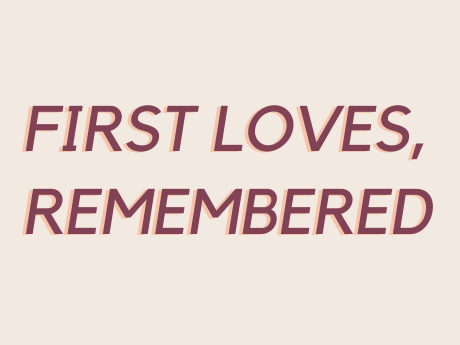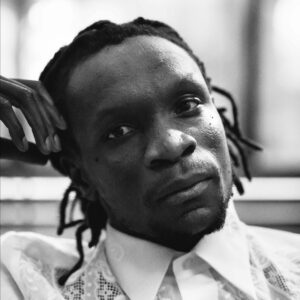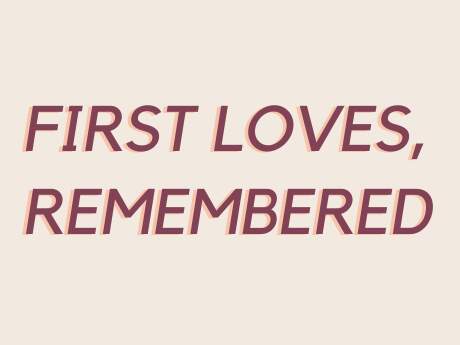First Loves, Remembered
First Loves, Remembered: Ishion Hutchinson on Wilson Harris

The Tragic Muse
O God
This is my meditation now, before I pray.
I think of Mozart,
in the heart of his civilization,
deserted, not even accorded the dignity
of decent burial.
I think of Christ crucified
Dying in agony, crying aloud to his God –
Eli, Eli, lama sabachthani?
I think of the others,
the others who are also the sons of God,
contemptuous of their divinity,
living and dying today in the slums.
I think of the strange and moving spectacle of man overcome
by the inanimate earth that covers him
or the deep waters in which he drowns
or the bullet that comes unerringly
travelling through eternity to its ultimate destination.
The voices of the living pray to God.
The voices of the dead
treasured in the beautiful books in the libraries
pray to God.
Men suffer and pray to God
and thereby acquire stature
like Jesus Christ and like Mozart.
They wait for the ultimate mockery
or the ultimate justification,
in the meantime piling up new and unlearned accents of tragedy
upon their human story, while they wait on God.
Twenty years ago, the Poetry Society published a series called First Loves in which we asked distinguished poets, including W.S. Merwin, Ntozake Shange, and Robert Creeley, to reflect on the poems that first captured their imaginations. The series eventually became a book, edited by Carmela Ciuraru, titled First Loves: Poets Introduce the Essential Poems that Captivated and Inspired Them. Here, we revisit that question with a new generation of poets, revealing how poetic influences both endure and change.
Ishion Hutchinson on Wilson Harris’s poem “The Tragic Muse”
There were earlier first loves, many of them. But in this centenary year of his birth, I’m thinking a lot about Wilson Harris’s “The Tragic Muse.” It is a first love I hit on, latish, as a twenty-year-old student in Jamaica, the impact of “the bullet that comes unerringly,” shattering me in the library where I first read it. I remembered its velocity, ineluctable and terrifying as the passion drama running through it.
Well, I didn’t read the poem that day. Not really. I pieced together lines of it, like a medieval synthesis, as they appeared scattered in a dense article that was assigned for a class. And I, hunched over, contemplative, and with great impatience, lifted phrases of Harris out of the prose bog until I had constructed—composed—my own disjunctive version of “The Tragic Muse.” I had to trust the unimpeachable music of the fragments, shard by shard, as complete. It is a trust I lived with, unwilling for many years to locate the original.
In Wilson Harris’s fiction, set in his birthplace of Guyana, characters constantly get lost in the rainforest. There they undergo an unending cycle of expiation, a process Harris sometimes calls an “unfinished genesis.” “The Tragic Muse” is like that, a hallucinatory thicket I got lost in, its broken rhythm like a deep dub version of a Mozart. Perhaps Mozart’s Requiem in D minor, my favorite. The violins and viola removed, and the basset horns and the basso continuo tuned to high, or completely out of tuned and disjointed like lines of Harris which I, dub-shattered, hauled out of the article and wrote down in my notebook. A long unfinished genesis began that day in the library.
I have it here with me now, that music of double shattering, its beautiful and savage indignation. I have it in my voice, in which the voices of the living and the voices of the dead are inextricably intertwined.


